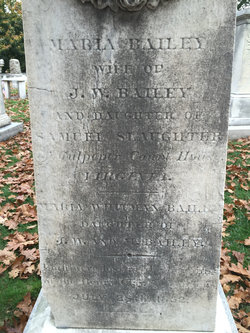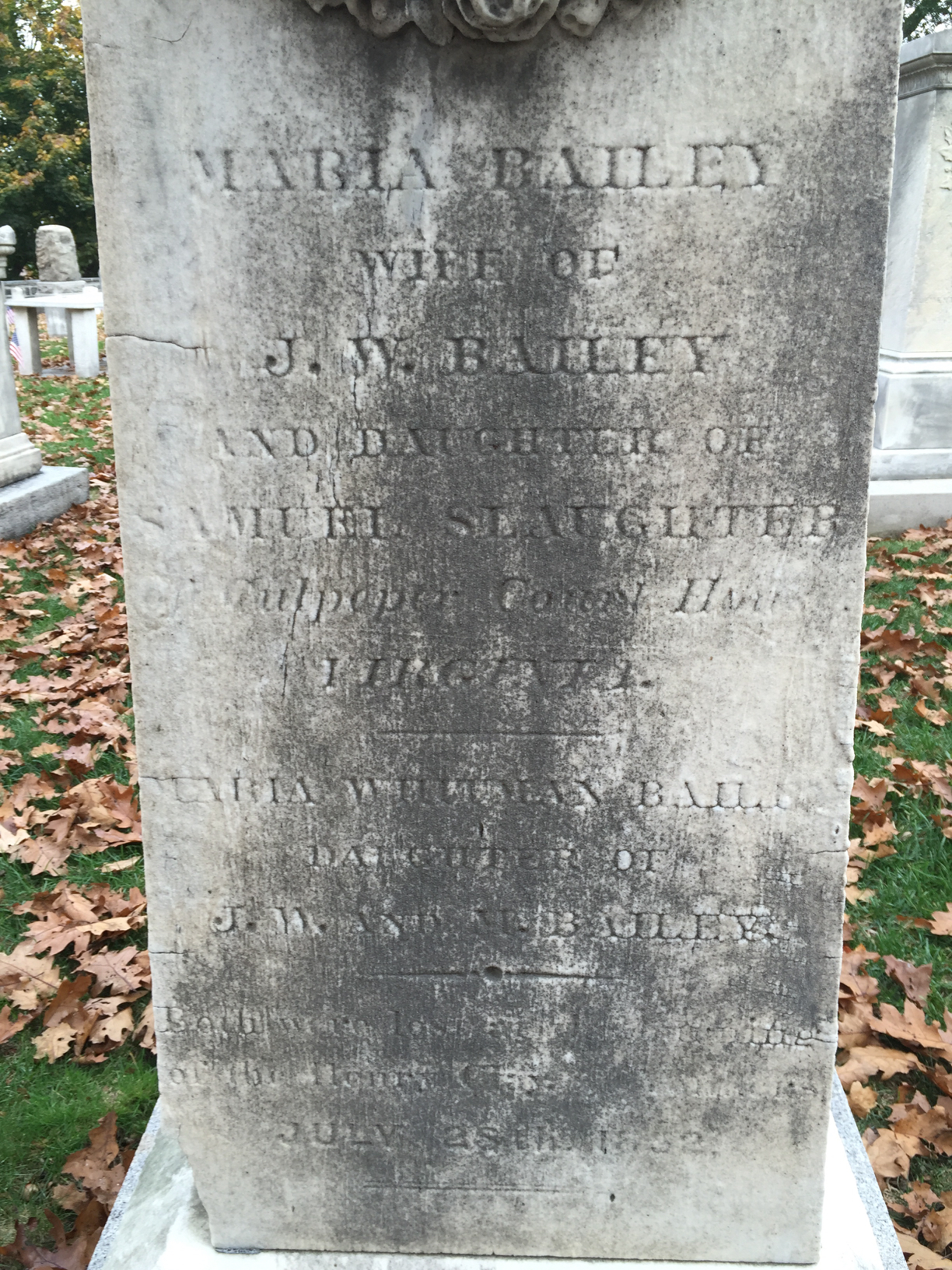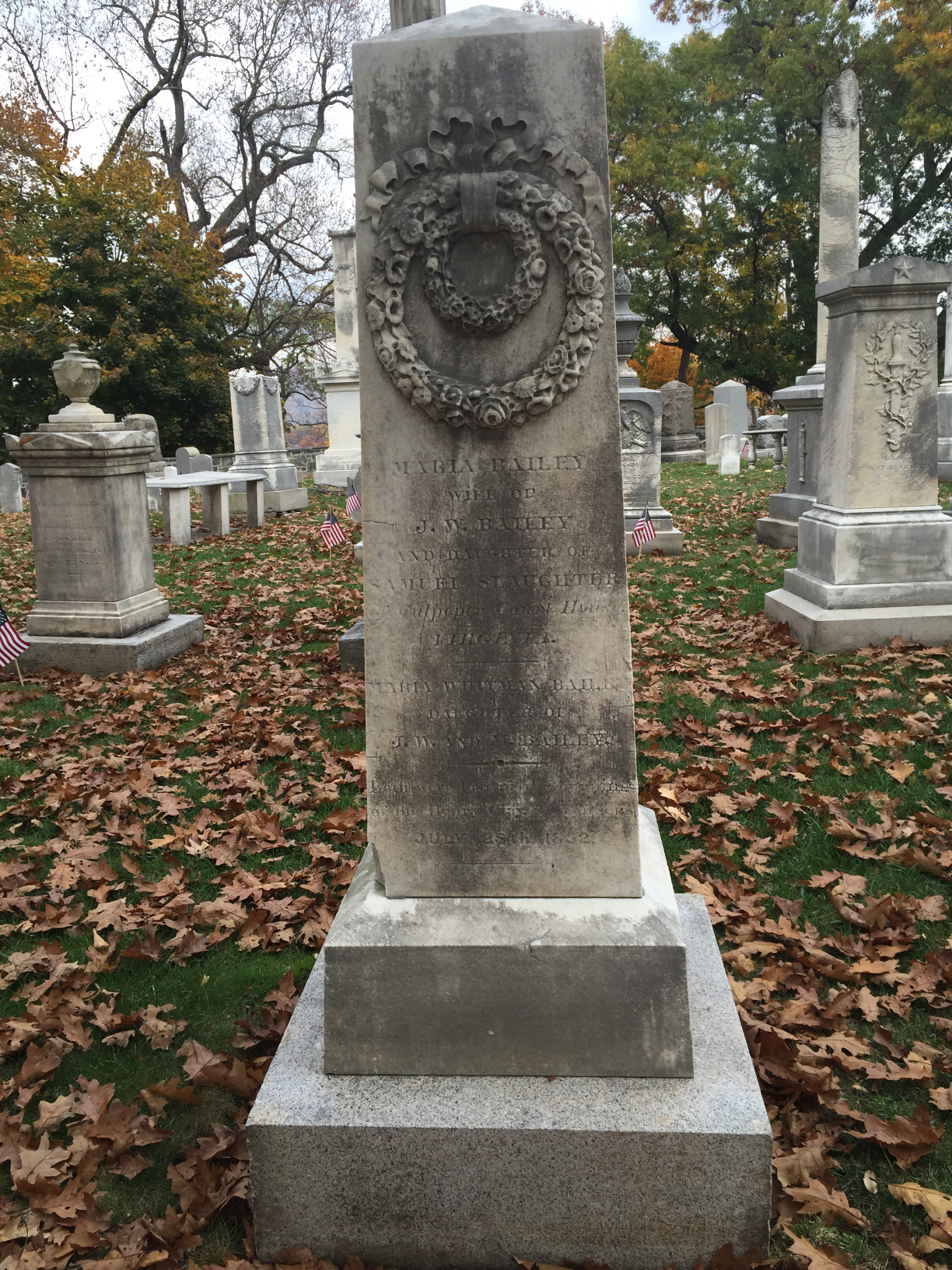Evening Post Thursday, July 29, 1852
New York City, New York
The Burning Of The Henry Clay
Frightful Loss of Life
The city was startled last evening by a terrible rumor, that the steamer Henry Clay, one of the daily boats which ply between this city and Albany, had been destroyed by fire while racing and that a large number of lives had been lost. Except by those who had witnessed the terrible disaster which we are about to record, the extent of the calamity was generally believed to have been exaggerated. Further investigation has brought with it the melancholy conviction that there had been no exaggeration. The details have proved far more horrible than they were at first reported. We will proceed to give an account of the calamity given us by a passenger, on board of the steamer and witnesses of the frightful scene of her destruction.
The Henry Clay left Albany yesterday morning in company with the Armenia, at 7 o’clock, with between 300 and 400 passengers. Neither the exact number or names of the passengers can ever be ascertained, probably, as no passenger list was kept.
Almost immediately after leaving the wharf it was apparent that the boats were racing. At Hudson, the Armenia, by taking the west channel and not landing, succeeded in getting ahead of the Clay. About a half hour after passing Catskill, the Clay overtook the Armenia and for the following three quarters of an hour the two boats were running side by side and it became necessary to use fenders constantly to prevent damage from collision.
By this time the passengers, especially the ladies, had become very much alarmed. Indeed, they had been in a state of constant apprehension from the moment they left Albany, there being so many manifestations of desperation on the part of the conductors of the steamer. The passages between the rear and front of the steamers were so heated as to be almost impassable. Landings were passed without stopping; where they did stop, the noise of the runners and agents of the boats added to the general alarm to such a degree, that frequent appeals were made by the ladies and afterwards by the gentlemen, to the captain or person appearing to have charge of the vessel, to desist. Several ladies fainted and one was heard to remark, that if there was a single gentleman on board the vessel, he would go and compel the captain to stop racing.
When near Kingston, the Armenia had to stop and blow off steam – she was presumed to have become so heated as not to be able to run longer with safety. This gave the Clay again the start. At this time, a gentleman whose wife was excessively frightened, seized the captain by the arm and insisted upon his slacking the speed of the boat. The captain assured him there was no danger and by his confident manner succeeded in claiming the apprehensions of many who were before in a state of great alarm.
About 5 o’clock, the passengers on the upper deck remarked a smoke proceeding apparently from the engine room, in the middle of the boat and simultaneously the cry of fire was heard. There came from one of the officers of the vessel, at the same time a declaration that there was no kind of danger. Soon, however, the smoke was so dense, that the passengers knew at once there was danger. One of our informants and his two companions immediately sprang for the forward part of the boat, under the correct impression that the counter current of air would drive the smoke from the fore to the after part of the vessel, while she was under way.
The ladies dared not attempt to follow through the flames, fearing their dresses would take fire and they all crowded as far as they could towards the stern. When the smoke first broke out, a gentleman rushed forward to the pilot office and said, Your boat is on fire, run her ashore.
The pilot insolently replied, Mind your own business, and kept his vessel on her course for a distance of from a half to three quarters of a mile after the alarm of fire was first given. When the bow of the vessel turned toward the shore, she was about two miles below Yonkers and some seventeen or eighteen miles from the city.
By the time her head was turned towards the eastern shore, where she was beached, she was wrapped in flames and she presented the spectators on the shore the appearance of a solid body of fire rushing madly upon the banks. She was run on, almost perpendicular to the bank and her stern consequently lay in deep water. The passengers on her bow soon got on shore in safety. The guards and railings around the stern at first was thronged with ladies, who had got outside and were hanging on, waiting for succor. Those who were not caught by the bystanders, were driven by the flames into the water and drowned.
Article continues with more eyewitness accounts.
The Coroner’s Inquest
The Coroner proceeded with the inquest this morning at 9 o’clock. Our reporter was in attendance, but the accommodations were so very imperfect, that it was impossible to make any extended report of the proceedings. The following bodies were recognized this morning, in addition to those recognized yesterday:
Mrs. Maria Bailey and Maria W. Bailey, wife and daughter of Professor Jacob W. Bailey, of West Point.
Note: Professor Jacob Bailey and son, William Whitman Bailey, were among the surviving passengers on the Henry Clay.
Evening Post Thursday, July 29, 1852
New York City, New York
The Burning Of The Henry Clay
Frightful Loss of Life
The city was startled last evening by a terrible rumor, that the steamer Henry Clay, one of the daily boats which ply between this city and Albany, had been destroyed by fire while racing and that a large number of lives had been lost. Except by those who had witnessed the terrible disaster which we are about to record, the extent of the calamity was generally believed to have been exaggerated. Further investigation has brought with it the melancholy conviction that there had been no exaggeration. The details have proved far more horrible than they were at first reported. We will proceed to give an account of the calamity given us by a passenger, on board of the steamer and witnesses of the frightful scene of her destruction.
The Henry Clay left Albany yesterday morning in company with the Armenia, at 7 o’clock, with between 300 and 400 passengers. Neither the exact number or names of the passengers can ever be ascertained, probably, as no passenger list was kept.
Almost immediately after leaving the wharf it was apparent that the boats were racing. At Hudson, the Armenia, by taking the west channel and not landing, succeeded in getting ahead of the Clay. About a half hour after passing Catskill, the Clay overtook the Armenia and for the following three quarters of an hour the two boats were running side by side and it became necessary to use fenders constantly to prevent damage from collision.
By this time the passengers, especially the ladies, had become very much alarmed. Indeed, they had been in a state of constant apprehension from the moment they left Albany, there being so many manifestations of desperation on the part of the conductors of the steamer. The passages between the rear and front of the steamers were so heated as to be almost impassable. Landings were passed without stopping; where they did stop, the noise of the runners and agents of the boats added to the general alarm to such a degree, that frequent appeals were made by the ladies and afterwards by the gentlemen, to the captain or person appearing to have charge of the vessel, to desist. Several ladies fainted and one was heard to remark, that if there was a single gentleman on board the vessel, he would go and compel the captain to stop racing.
When near Kingston, the Armenia had to stop and blow off steam – she was presumed to have become so heated as not to be able to run longer with safety. This gave the Clay again the start. At this time, a gentleman whose wife was excessively frightened, seized the captain by the arm and insisted upon his slacking the speed of the boat. The captain assured him there was no danger and by his confident manner succeeded in claiming the apprehensions of many who were before in a state of great alarm.
About 5 o’clock, the passengers on the upper deck remarked a smoke proceeding apparently from the engine room, in the middle of the boat and simultaneously the cry of fire was heard. There came from one of the officers of the vessel, at the same time a declaration that there was no kind of danger. Soon, however, the smoke was so dense, that the passengers knew at once there was danger. One of our informants and his two companions immediately sprang for the forward part of the boat, under the correct impression that the counter current of air would drive the smoke from the fore to the after part of the vessel, while she was under way.
The ladies dared not attempt to follow through the flames, fearing their dresses would take fire and they all crowded as far as they could towards the stern. When the smoke first broke out, a gentleman rushed forward to the pilot office and said, Your boat is on fire, run her ashore.
The pilot insolently replied, Mind your own business, and kept his vessel on her course for a distance of from a half to three quarters of a mile after the alarm of fire was first given. When the bow of the vessel turned toward the shore, she was about two miles below Yonkers and some seventeen or eighteen miles from the city.
By the time her head was turned towards the eastern shore, where she was beached, she was wrapped in flames and she presented the spectators on the shore the appearance of a solid body of fire rushing madly upon the banks. She was run on, almost perpendicular to the bank and her stern consequently lay in deep water. The passengers on her bow soon got on shore in safety. The guards and railings around the stern at first was thronged with ladies, who had got outside and were hanging on, waiting for succor. Those who were not caught by the bystanders, were driven by the flames into the water and drowned.
Article continues with more eyewitness accounts.
The Coroner’s Inquest
The Coroner proceeded with the inquest this morning at 9 o’clock. Our reporter was in attendance, but the accommodations were so very imperfect, that it was impossible to make any extended report of the proceedings. The following bodies were recognized this morning, in addition to those recognized yesterday:
Mrs. Maria Bailey and Maria W. Bailey, wife and daughter of Professor Jacob W. Bailey, of West Point.
Note: Professor Jacob Bailey and son, William Whitman Bailey, were among the surviving passengers on the Henry Clay.
Family Members
Advertisement
Explore more
Sponsored by Ancestry
Advertisement
















